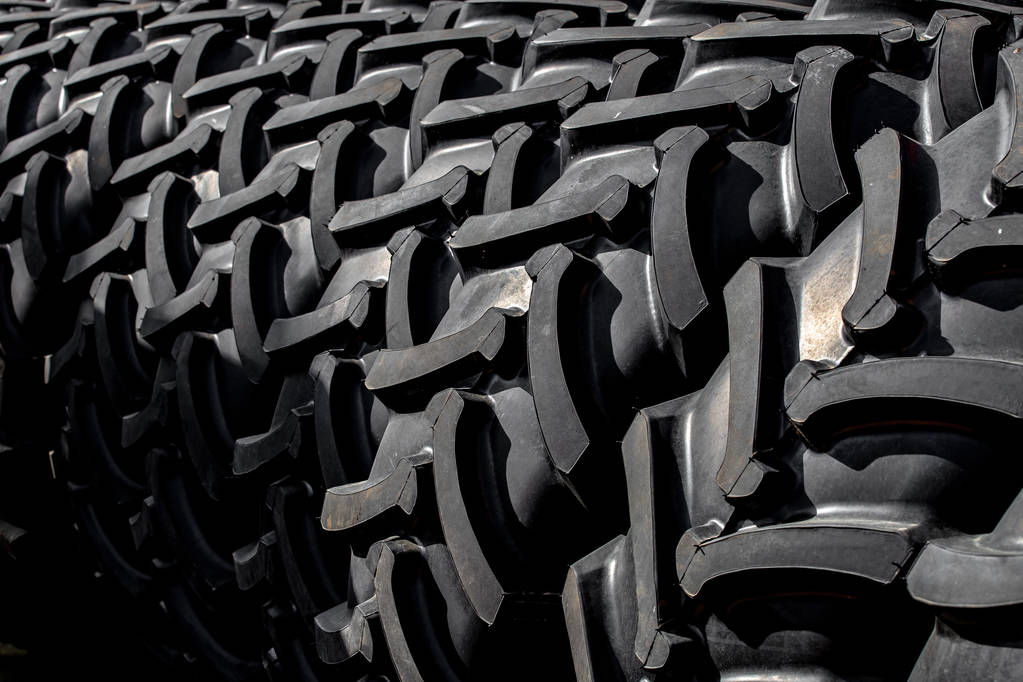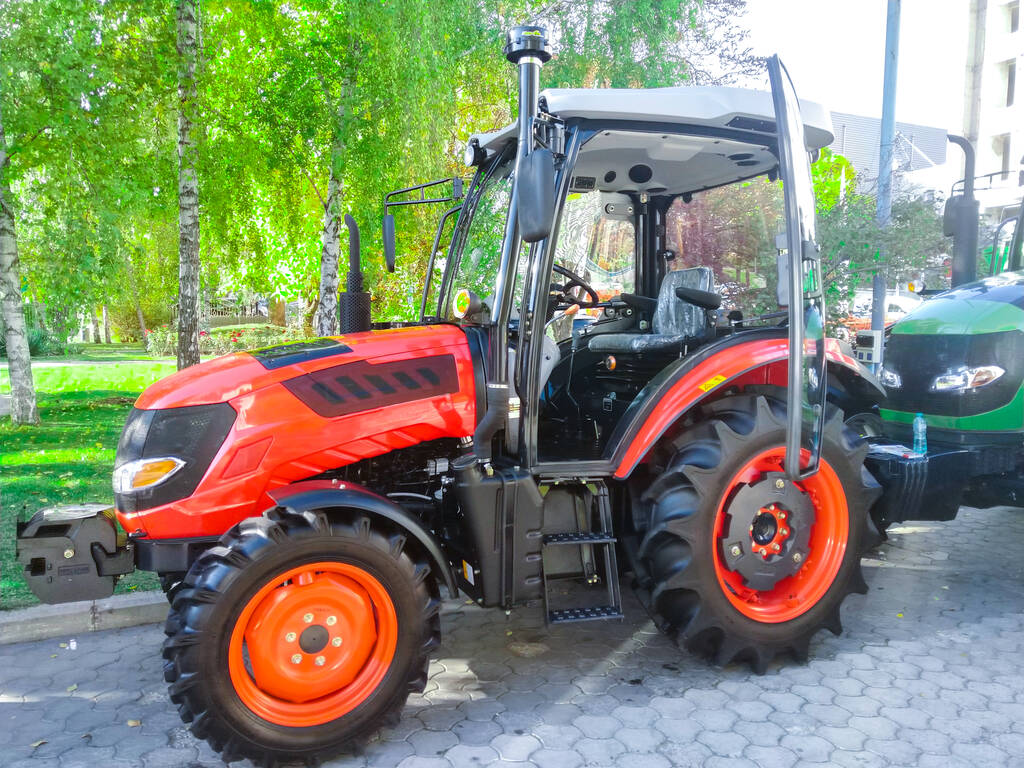When it comes to the agricultural industry, tractors are an indispensable tool for farmers worldwide. These versatile machines handle a range of tasks, from plowing fields to hauling heavy loads. And at the heart of every tractor’s performance lies a critical component: the tractor tire.

This article will explore the importance of tractor tires, their key features, the different types available, and essential considerations for choosing the right ones to ensure optimal agricultural efficiency.
Tractor tires play a pivotal role in agricultural operations by providing traction, stability, and maneuverability on various terrains. They are designed to withstand heavy loads, rough terrain, and demanding weather conditions, allowing tractors to navigate through mud, loose soil, and uneven surfaces. Without properly functioning and appropriate tires, a tractor’s performance, and productivity can be severely compromised.
Key Features of Tractor Tires:
- Tread Patterns: Tractor tires come with different tread patterns designed to cater to specific farming applications. Lug treads are suitable for deep traction in muddy or soft soil, while ribbed treads offer better stability and control on harder surfaces. All-purpose treads provide a balance between traction and maneuverability, making them versatile for a variety of tasks.
- Tire Size: Tractor tires come in various sizes to match different tractor models and applications. The size of the tire affects the tractor’s ground clearance, load-bearing capacity, and overall stability. It is essential to select the appropriate tire size to ensure optimal performance and safety.
- Load Capacity: Tractor tires have specific load-carrying capacities that determine how much weight they can safely support. It is crucial to consider the anticipated load requirements when choosing tractor tires to prevent overloading and potential tire failure.
- Tire Construction: Tractor tires are designed to be rugged and durable, capable of withstanding the harsh conditions of agricultural work. They typically consist of multiple layers of reinforced rubber and fabric, providing strength, puncture resistance, and longevity.
Types of Tractor Tires:
- Agricultural Tires: These tires are specifically designed for farming applications and offer excellent traction and flotation. They come in various tread patterns to suit different farming tasks, terrains, and weather conditions.
- Industrial Tires: Industrial tractor tires are built to handle non-agricultural tasks, such as construction and material handling. They are designed for heavy loads, durability, and resistance to punctures and damage in challenging work environments.
- All-Terrain Tires: All-terrain tractor tires are versatile and suitable for a wide range of farming applications. They offer a balance between agricultural and industrial tires, making them adaptable for various tasks and terrains.

Considerations for Choosing Tractor Tires:
- Soil and Terrain Conditions: Consider the type of soil and terrain prevalent on your farm. If you encounter predominantly soft or muddy ground, opt for tractor tires with deep lugs for enhanced traction. For harder surfaces, choose tires with ribbed or all-purpose treads for stability and maneuverability.
- Weather Conditions: Take into account the weather conditions you typically experience on your farm. Tires with good self-cleaning capabilities are crucial for preventing mud buildup and maintaining traction in wet or muddy conditions.
- Specific Farming Tasks: Consider the tasks you frequently perform with your tractor. If you engage in row-crop farming, narrow-row tires can provide precise spacing between rows. If you require reduced soil compaction, flotation tires distribute the tractor’s weight more evenly.
- Maintenance and Serviceability: Proper tire maintenance, including regular inspection, inflation, and rotation, is essential for maximizing tire life and performance. Choose tractor tires that are readily serviceable and compatible with local repair facilities.
Learn more at Wiki as well.
